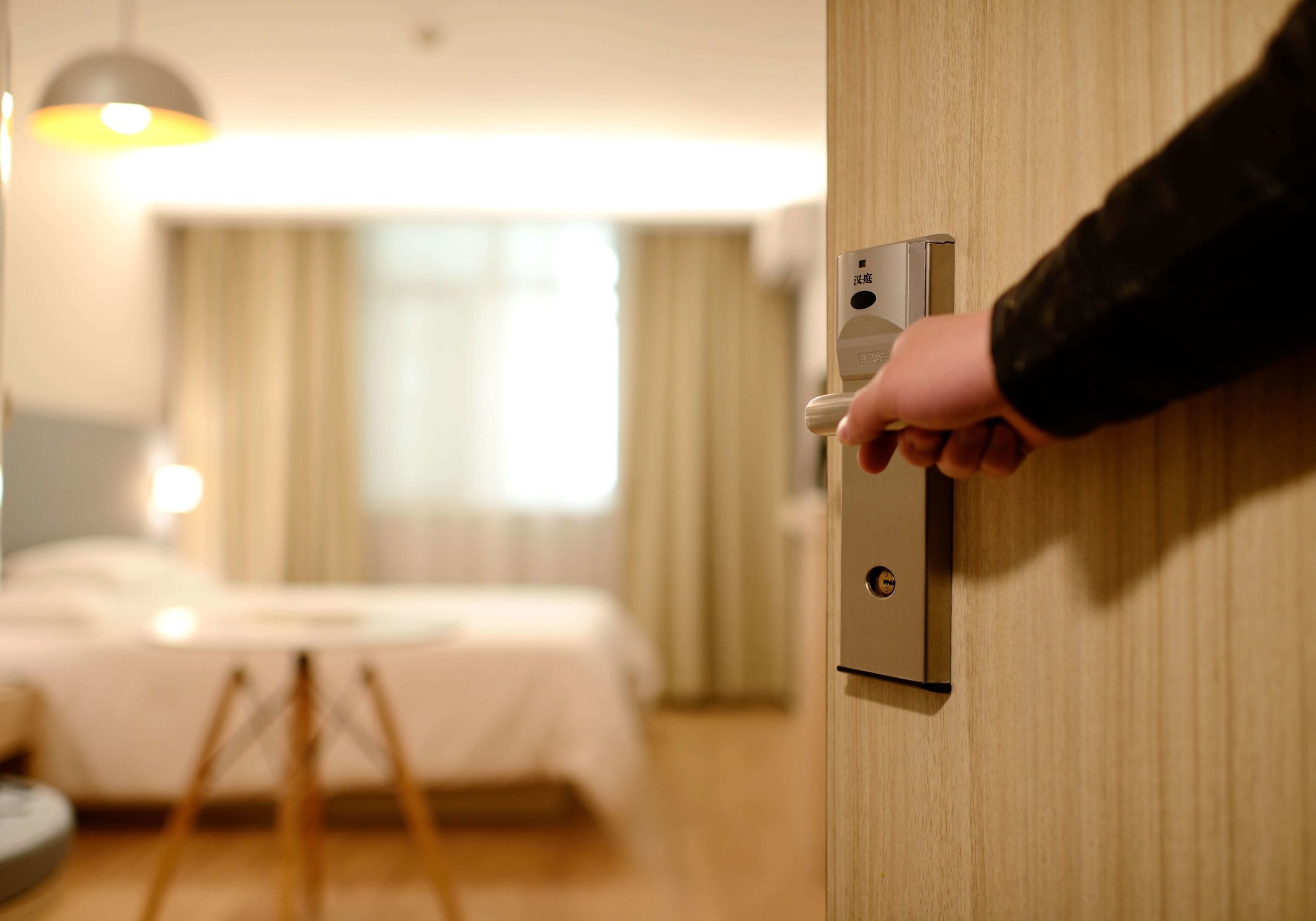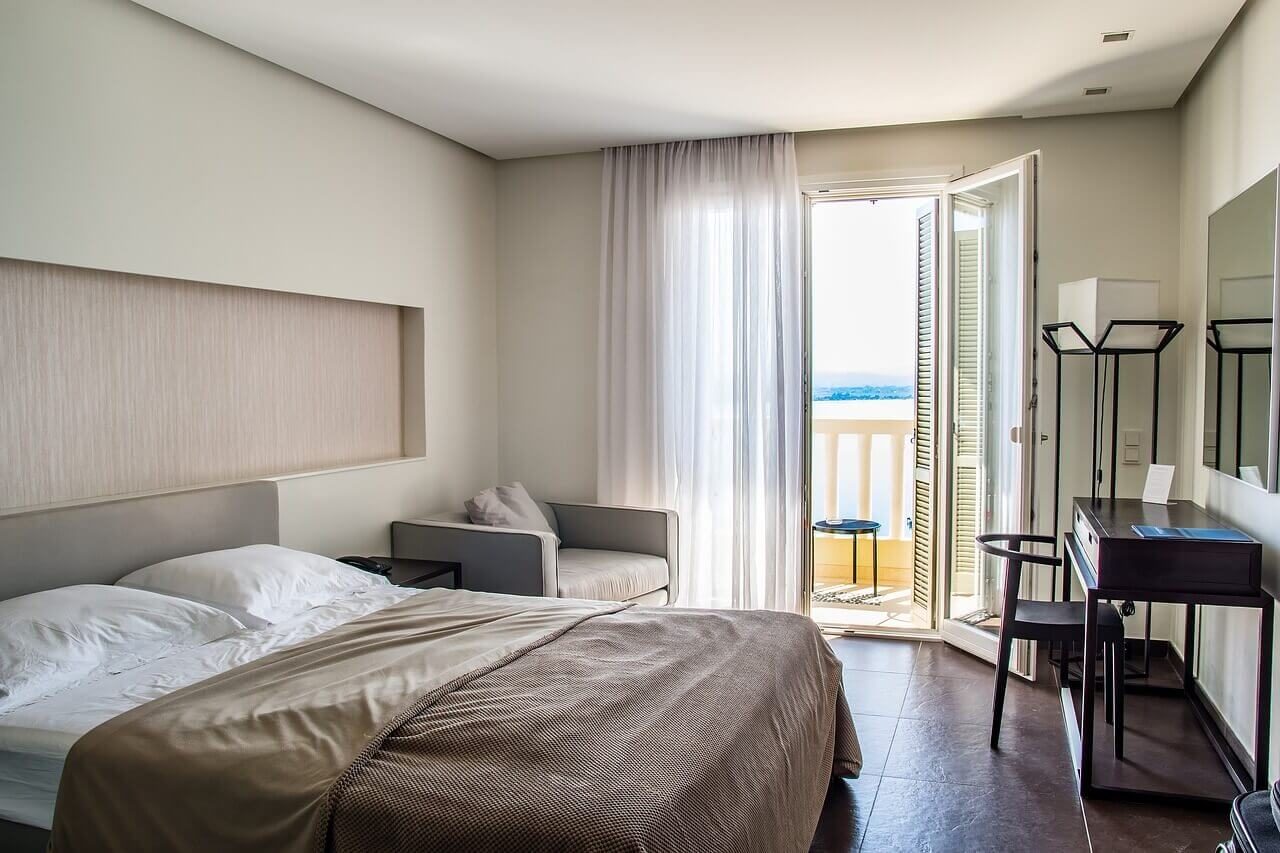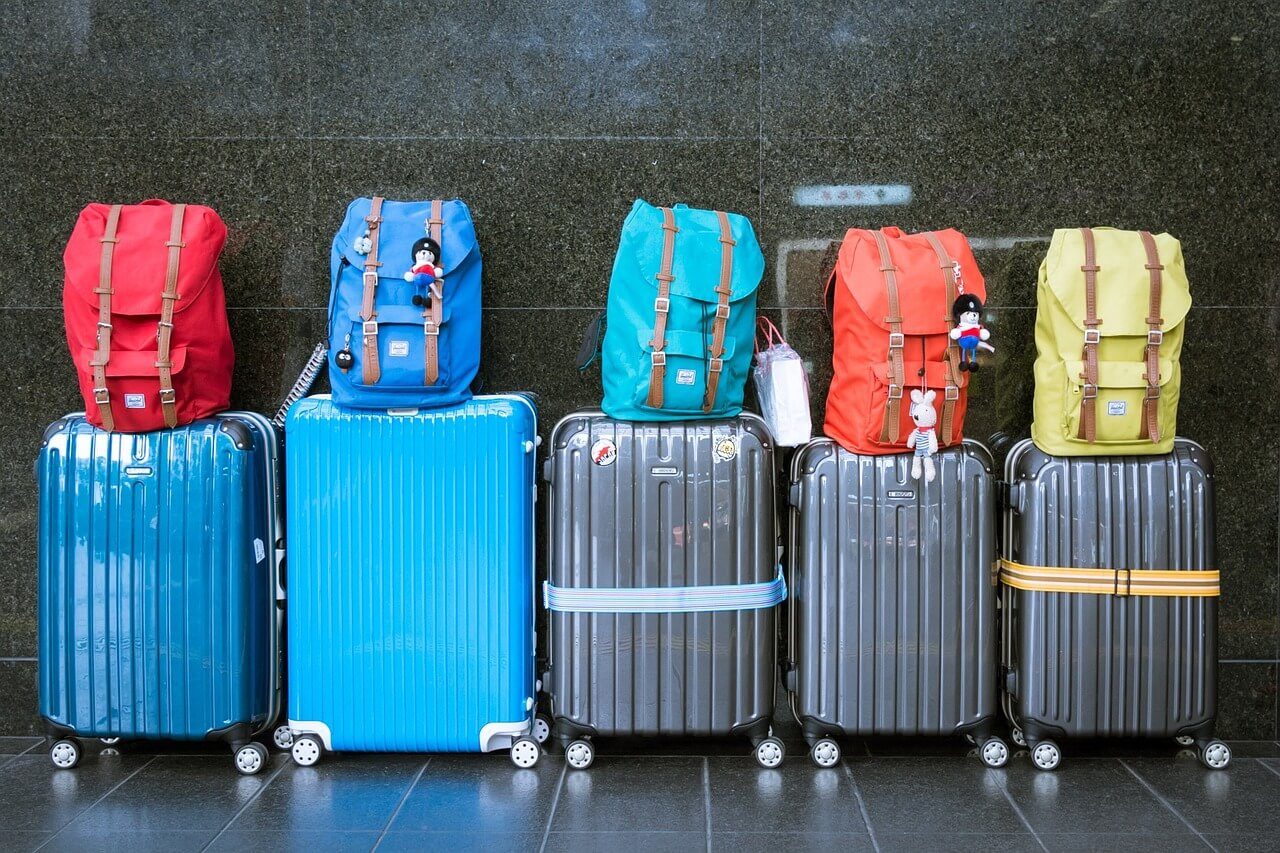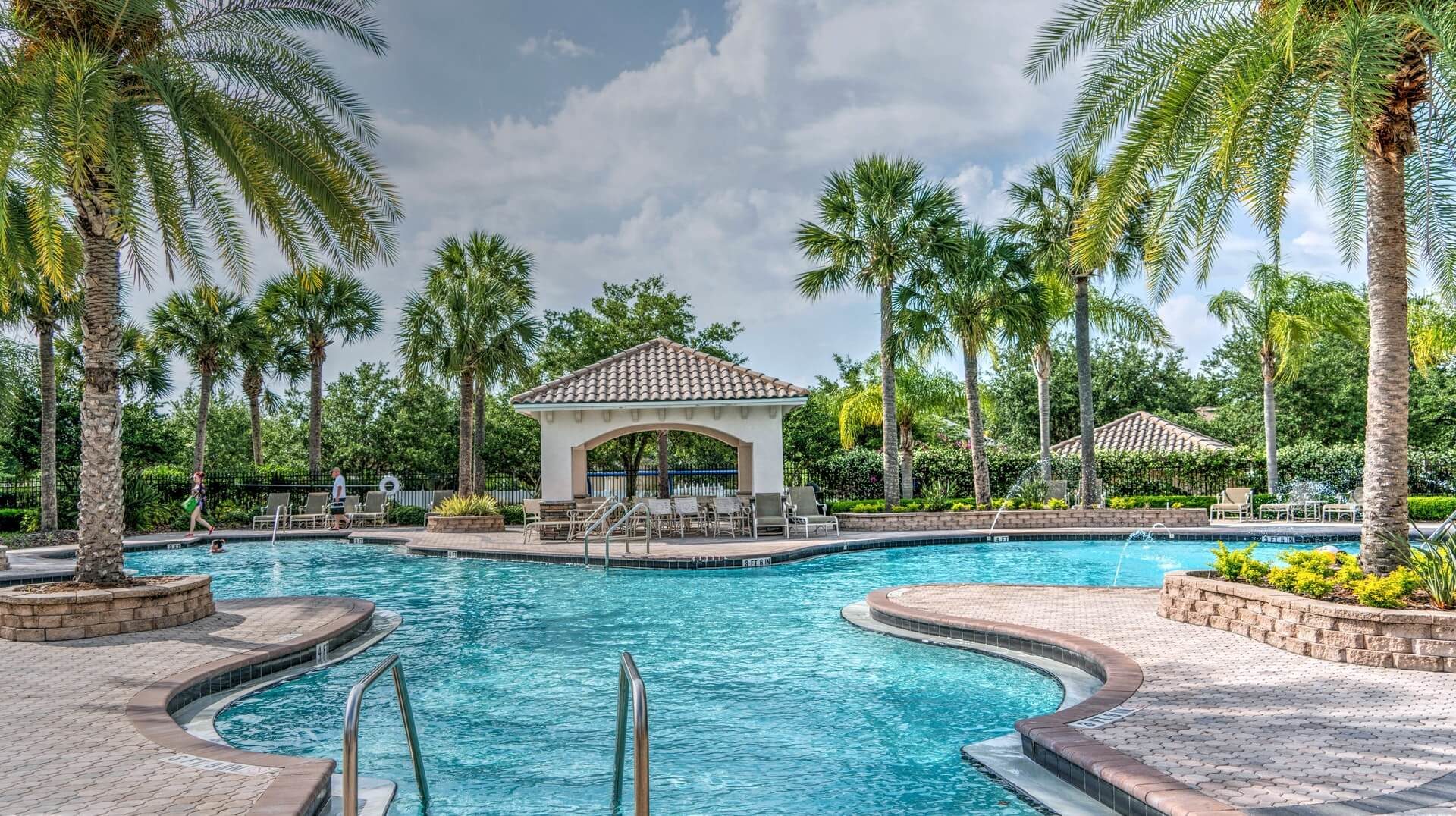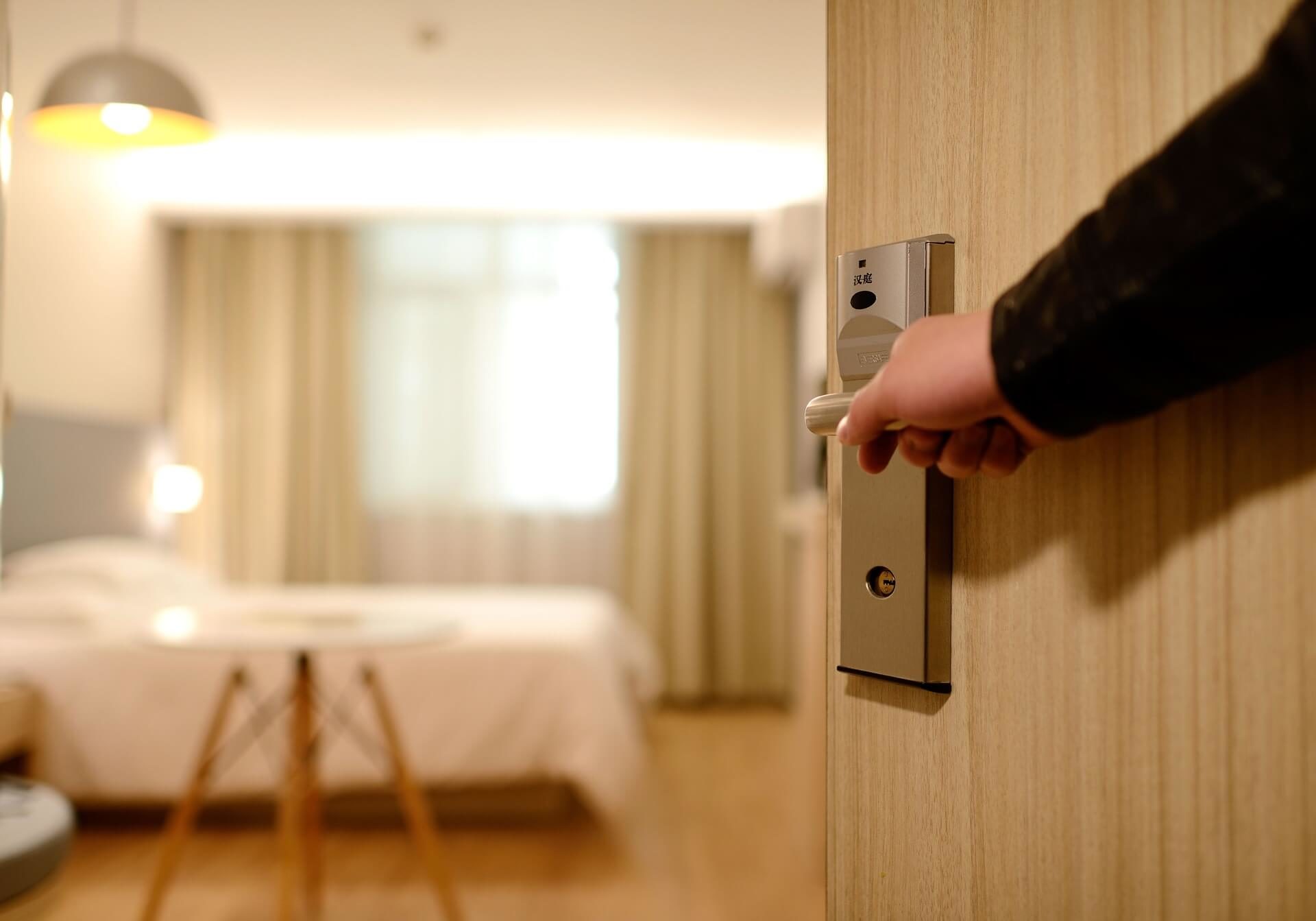5 Ways a Sourcing and Procurement Solution helps Operators
Every hotel requires products and services.
Small operations purchase a smaller volume and have historically paid a higher price. Today, operators have the choice to join a group to access sourcing and procurement solutions that are tailored to meet their hotel’s purchasing needs.
When hotels opt to purchase on their own, they may invest a great deal of time to realize short term benefits. Consider the alternative of joining with many other operators via a purchasing company and access better prices immediately and longer term, additional rebates which can annually be a significant amount.
There is great value in cultivating loyal customers. An article on Hotels.com recently shared results from a Deloitte research project regarding loyal guests. The report, conducted recently, found that only 8 %of travelers are loyal to a single hotel brand. This elusive group is savvy with online research. You want to be sure that when they arrive on your front desk, every aspect of their hotel experience delights them.
Gaining loyal customers is critical for your hotel because they help generate consistent revenue flow. There is less overhead involved in repeat guest. Additionally, they serve as your goodwill ambassadors to their friends and family. The most authentic of marketing at no cost.
Food and beverage (F&B) can be an important feature in some hotels. By placing an emphasis on the right kind of theme and food quality, operations can capture the attention of local residents as well as their hotel guests. A purchasing company like Source1 Purchasing can help you access high quality, national brands, and sourcing and procurement solutions.
Keith Spinden, Hyatt Regency Chicago’s senior director of F&B, says in an article on the Hotel Management website that both owners and operators need to have a long-term commitment to serving quality F&B. It has to be more than a current trend for your hotel.
“We really need to maintain our focus on top-line sales and get a steady stream of customers walking through the door and coming back,” Spinden says. “We must maintain a certain level of revenue, but if we play around with quality, our top line will decline as well and that’s a downward spiral we try to avoid.”
A sourcing and procurement strategy helps hoteliers work smarter in five ways:
1) Save time. Reaching out to suppliers is often time-consuming. When you use the services of a procurement organization, the experts conduct the research to ensure the best solution.
2) Save money in two ways. The procurement solution provides contracted, pre-negotiated savings on specific items. Pre-negotiated prices typically cover a longer period of time so operations can be protected from inflation and other short-term fluctuations in the market. Plus, you gain access to rebate on a quarterly basis.
3) Become more powerful. Sourcing and procurement solutions merge your volume purchasing with the purchasing of other customers, which increases your savings: Larger hotels that buy huge quantities of food and supplies qualify for volume discounts. Adopting sourcing and procurement solutions enables smaller hotel operations to enjoy the same benefits and the same high quality, name brand products.
4) Protect the promise. It is important for you to deliver on your promise to every guest. If you are able to purchase a higher-quality product with a higher volume of discounts, then you can use the savings to improve other facets of your operation. Aside from F&B, you can also purchase linens, in-room amenities, appliances, TVs and even MRO, FF&S and OS&E. Your guests will be delighted with the consistency and quality of their experience.
5) Get options. You can spend your precious time securing two or three quotes or you can work with the buyers at a procurement organization that can take your need, research options and present you with details. You can focus on making the decision that meets your needs. While taking advantage of discounts and lower prices.
Source1 works with virtually every hotel company and understand the brand standards of each we work with your team to deliver the best products to your guest at the very best price.





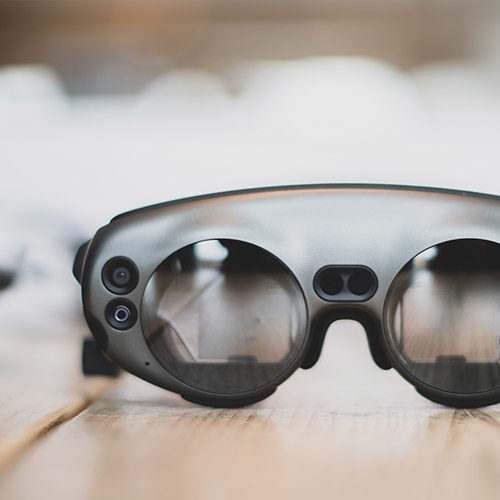

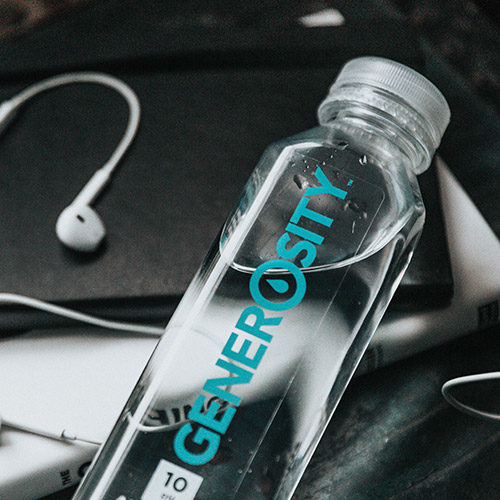


 Chris Butsch is a professional speaker and business author helping companies slash disengagement and turnover by keeping their best people happy.
Chris Butsch is a professional speaker and business author helping companies slash disengagement and turnover by keeping their best people happy.

